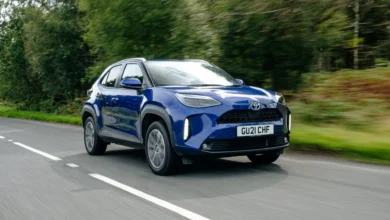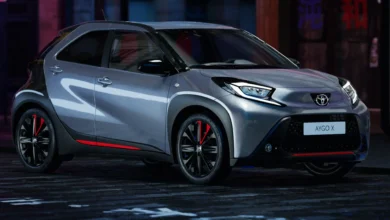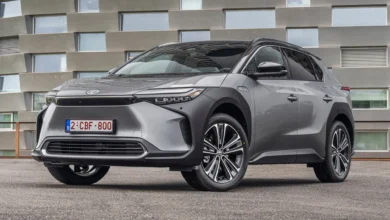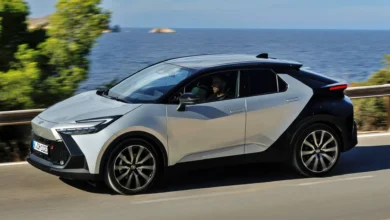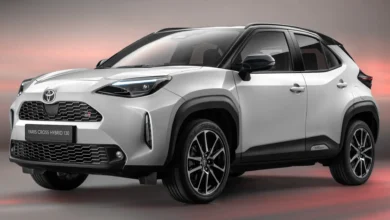
Something is changing at Toyota. According to a recent report, the Japanese firm would be studying profoundly modifying its electrification strategy to face rivals such as Tesla, because due to its slow commitment to battery-powered electric cars, it is now somewhat behind.
Among other things, Toyota would be considering replacing the e-TNGA electric platform ahead of time with a new architecture. This move would allow the company to implement a new, more efficient manufacturing system (the e-TNGA was designed to share a production line with thermal models) and simplify numerous components, which would result in a significant cost reduction.
This new direction would not only affect the company’s future launches, but also its electric cars already on sale. According to internal sources, Toyota would be considering increasing the production of the bZ4X from 2025, since the initial planned capacity (50,000 units per year) is insufficient.
Toyota currently assembles just over 1,000 units a month. The new production objective would be to multiply said figure between 6 and 12 times. However, this will only be possible if the supply of the necessary components can be secured.
The Toyota bZ4X offers up to 511 kilometers of autonomy
To achieve this significant increase, Toyota could begin manufacturing the SUV in Takaoka in addition to Motomachi, where it is currently produced. This movement would also affect the Subaru Solterra, the twin brother of the Toyota bZ4X since both share a production line.
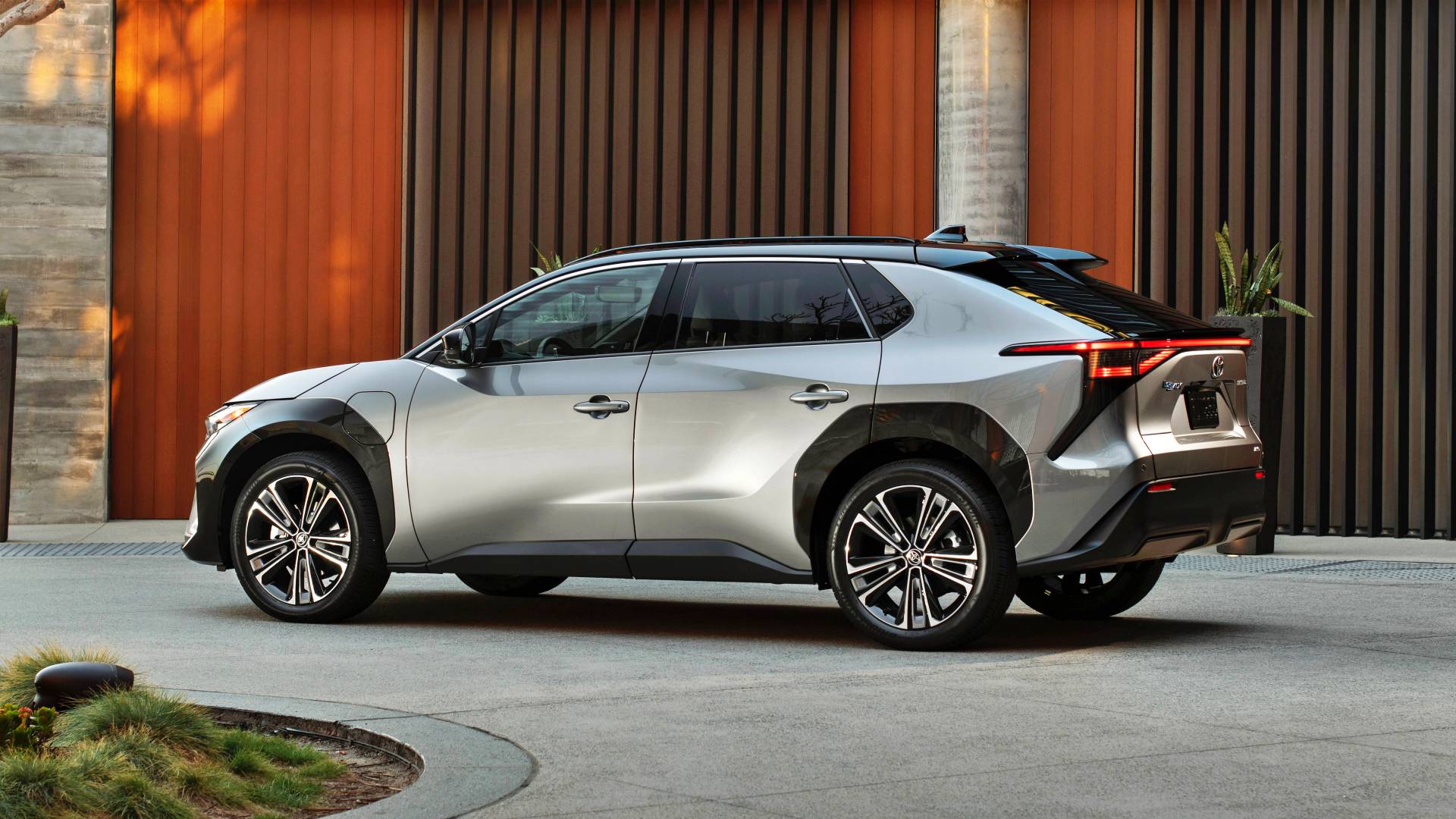
Our protagonist falls into segment D (medium SUV), so it is a rival to models such as the Hyundai IONIQ 5, the Nissan Ariya, the Tesla Model Y, or the Volkswagen ID.4. It is available with front-wheel drive (204 hp) and total (218 hp). In both cases, the battery has a capacity of 71.4 kWh, while its autonomy stands at 511 and 466 km WLTP respectively.
Toyota claims that the pack will be able to retain 90% of its capacity after 240,000 km; In addition, it will be guaranteed at 70% for 10 years or one million kilometers. As for charging, it can reach a maximum power of 150 kW in direct current, recovering 80% of its range in 30 minutes.
Last year, Toyota announced its intention to sell 3.5 million battery electric cars by 2030; that is, approximately one-third of its total volume. However, the latest projections handled by the brand indicate that, at the current growth rate, by then this percentage could exceed 50%.
